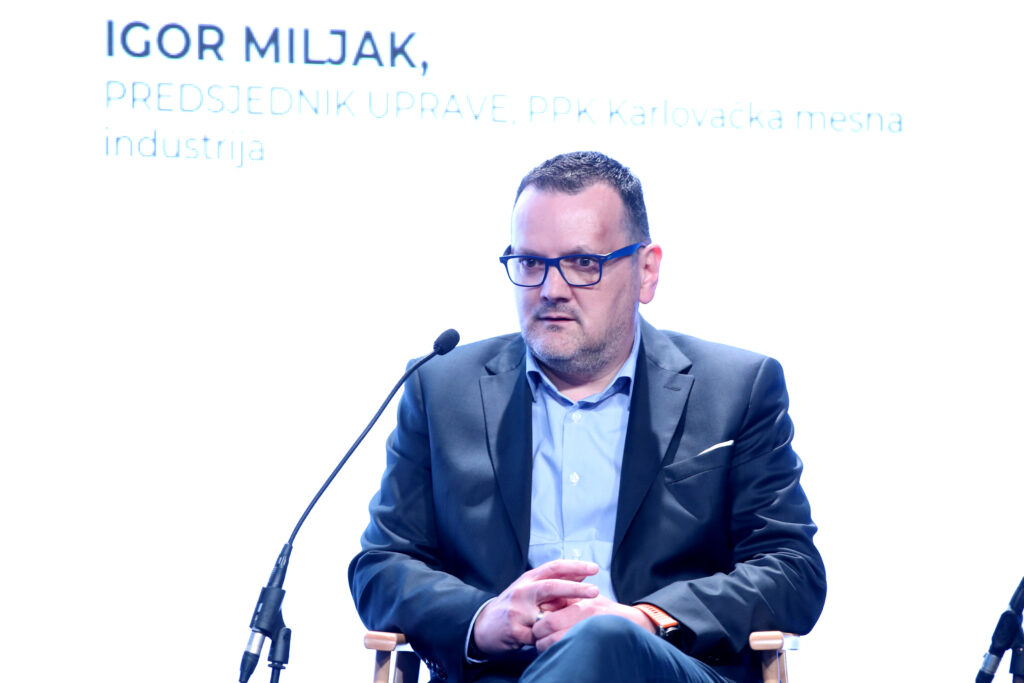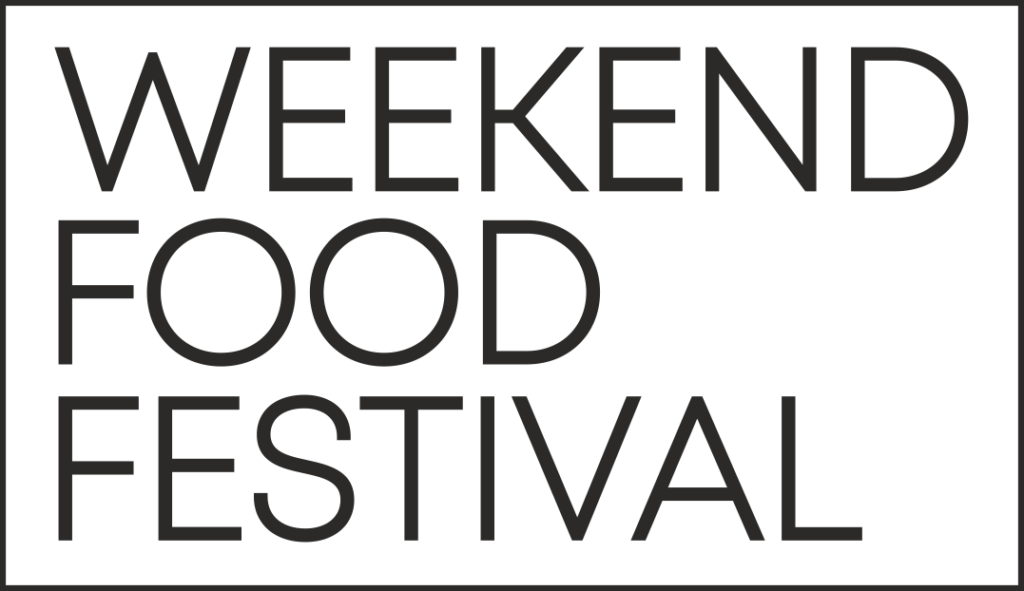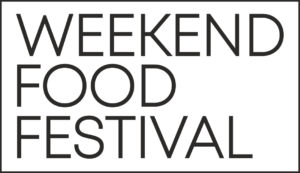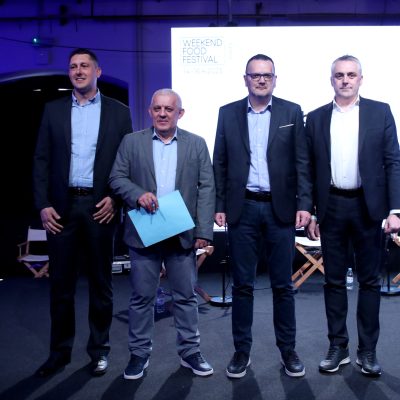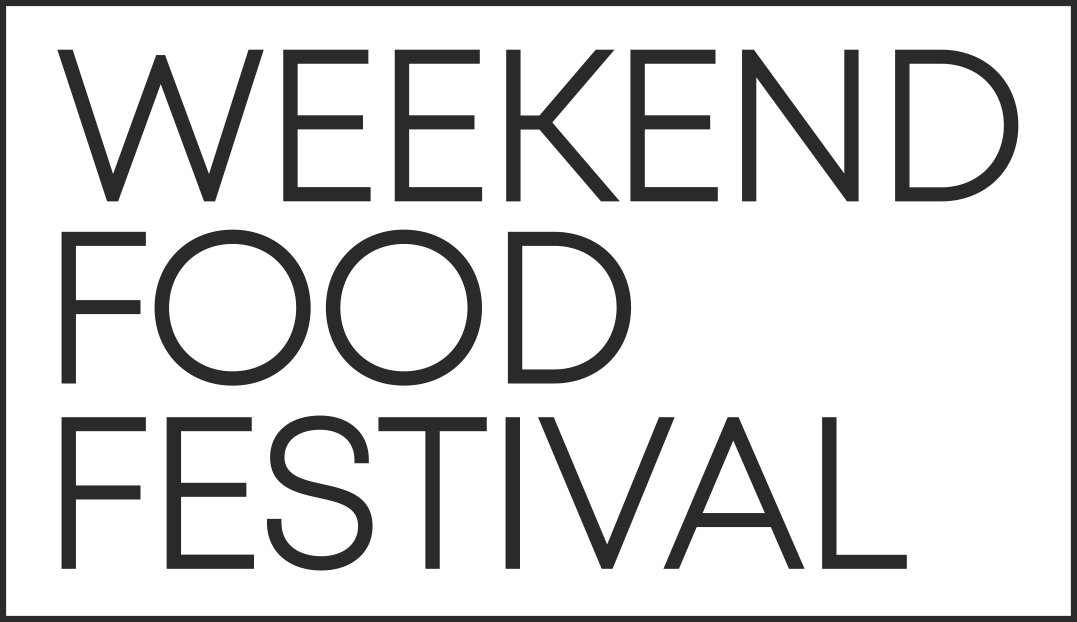Livestock farming is far from its best days, and farms are increasingly failing. This is especially true in the European Union, whose green policies have identified meat, milk, and egg production as major polluters. Meat production across the globe is valued at a staggering 900 billion dollars; however, both the EU and the rest of the world are progressively shifting towards meat alternatives, currently boasting a production worth approximately six billion dollars. Plant-based protein foods have an annual growth rate of up to 10 to 20%, and 80% of the world’s population is flirting with plant-based protein foods. The number of flexitarians is on the rise in Croatia, as more people opt for predominantly plant-based diets while allowing occasional and intentional meat consumption.
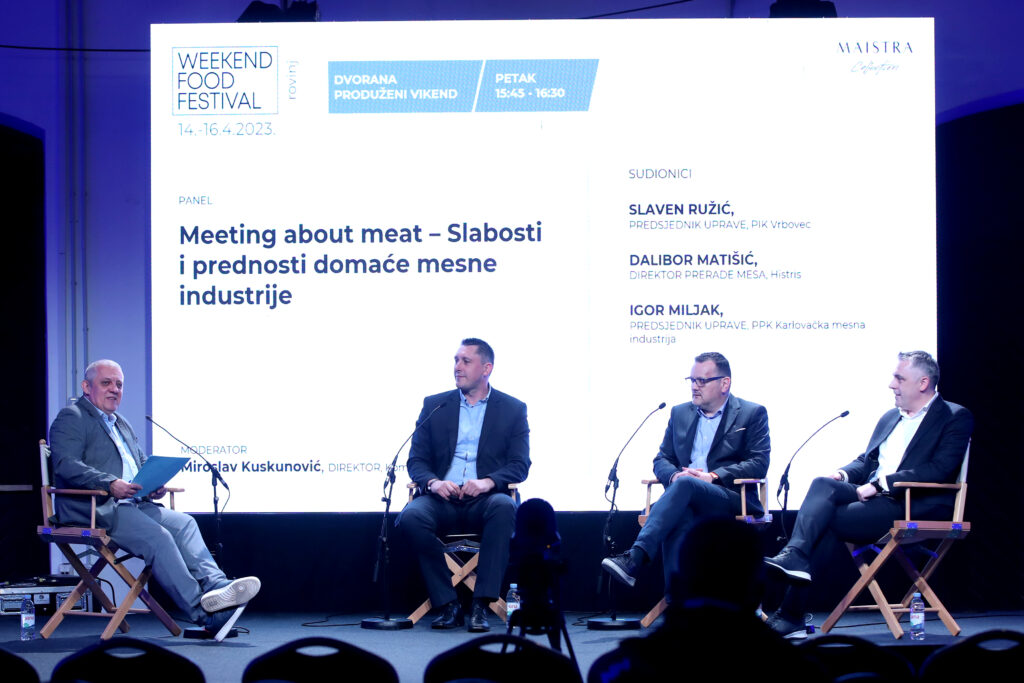
The war in Ukraine and the COVID-19 crisis have exposed the vulnerability and fragility of the global supply chain, with rising prices and the possibility of meat shortages causing increasing concern among consumers. We wanted to gain insights into the current situation in Croatia and how the domestic meat industry is adapting to seismic changes. To achieve this, we hosted an informative panel discussion titled “Meeting about Meat – Weaknesses and Advantages of the Domestic Meat Industry,” moderated by Miroslav Kuskunović. The panel featured Slaven Ružić, CEO of PIK Vrbovec, Dalibor Matišić, Director of Meat Processing at Histris, and Igor Miljak, CEO of PPK Karlovačka mesna industrija.
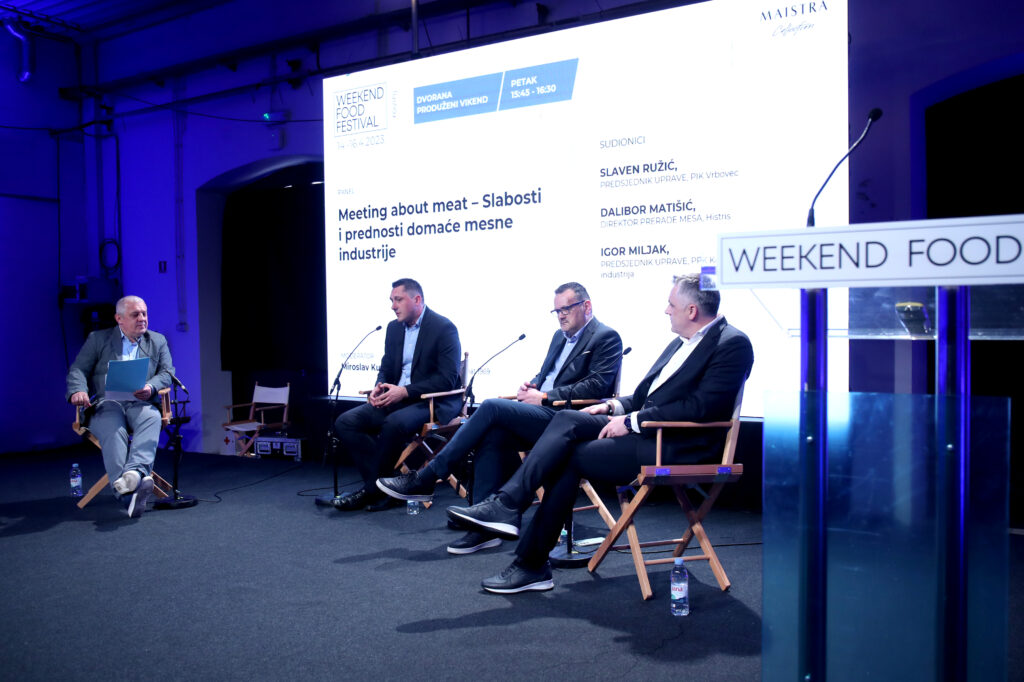
Currently, our dependence on foreign markets is too high, and self-sufficiency in livestock production stands at only 50-60%, whereas it used to reach as high as 130%. Consumers have become complacent, and we buy everything we lack from abroad. The Covid-19 pandemic, the conflict in Ukraine, and the subsequent instability have shown us that we need to return to the primary sector and rely less on external factors because when there are disruptions outside our borders, we will be the first to suffer the consequences. However, according to the panelists, a meat shortage is unlikely to occur. We need to assess our predispositions and understand that we are in a worse situation than we should be, as well as a reality check because, despite the discouraging statistics, Croatia has many excellent examples, and the situation is not beyond repair. We require someone who can lend support to family farms and small producers since they are unable to generate the growth necessary to position us where we aspire to be. Although numerous programs aid rural development, livestock farming is being abandoned by older generations and the younger population lacks interest. Furthermore, there is a shortage of potent entrepreneurs who are willing to take concrete steps toward this issue. While there is a prevailing consciousness in Croatia that local products are superior, it is regrettably all too common for patriotism to take a backseat when we prioritize our financial considerations upon entering a store.
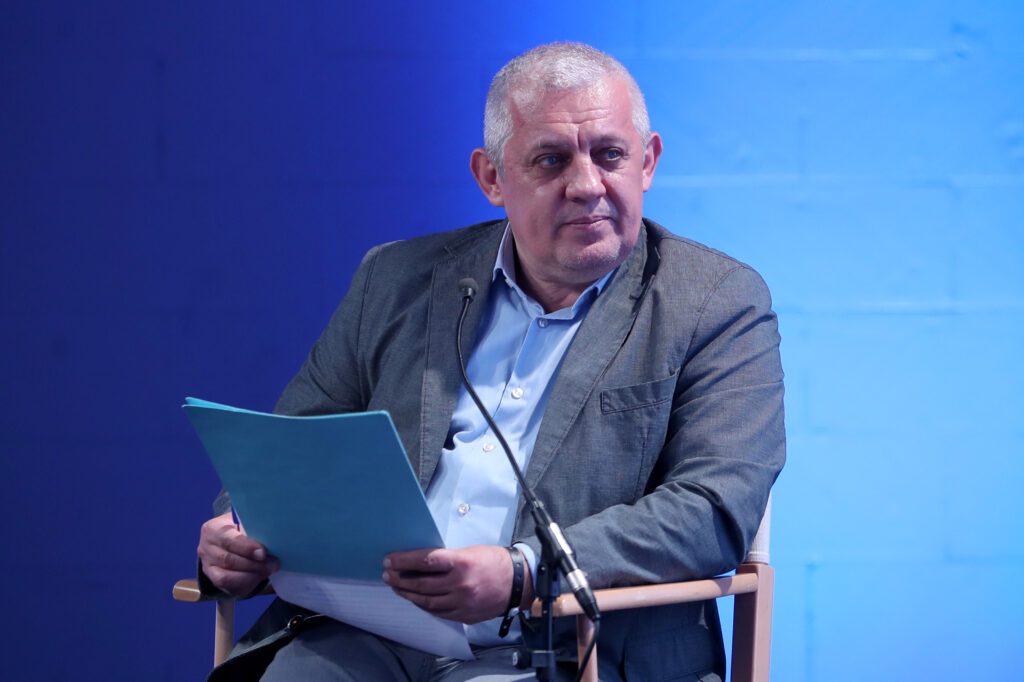
Despite these challenges, the quality of Croatian meat production has gained global recognition and acclaim, with our traditional and geographically protected products enjoying widespread acceptance.
